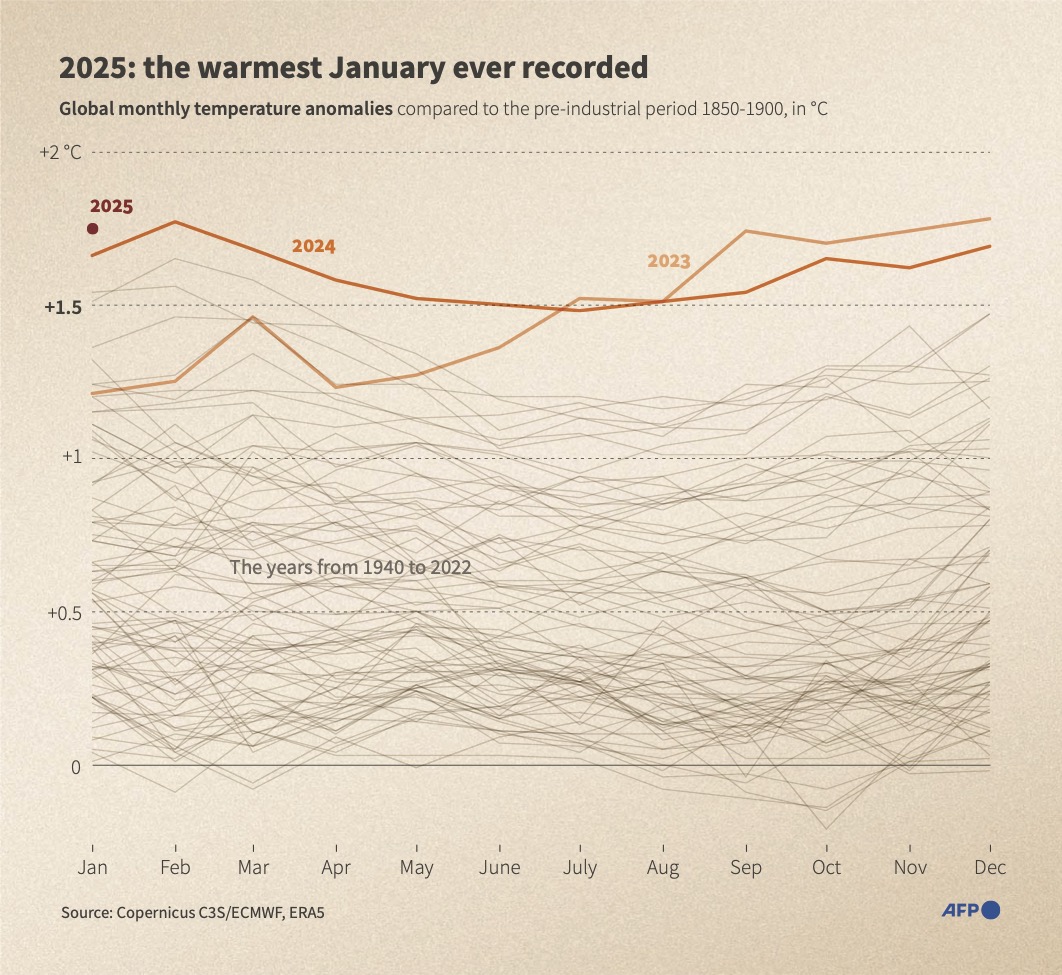LONDON/BRUSSELS: Many of France’s allies breathed a sigh of relief that the worst was averted as Marine Le Pen’s far-right failed to win a snap election on Sunday but they noted that a messy coalition from a hung parliament could also pose headaches for Europe.
Le Pen’s National Rally (RN) had been favorite to top the polls, raising the risk of France’s first far-right government since World War Two and threatening to upend economic and foreign policy in the euro zone’s second-largest economy.
In particular, Ukraine’s allies feared a Le Pen-led government could be soft on Moscow and pare back military aid that Kyiv has relied on since the Russian invasion in 2022, though her party has latterly said Russia was a threat.
The National Rally’s defeat signals at least a temporary pushback against a far-right surge in Europe, but could herald a period of instability with a new government in an uneasy “cohabitation” with President Emmanuel Macron. “In Paris enthusiasm, in Moscow disappointment, in Kyiv relief. Enough to be happy in Warsaw,” Polish Prime Minister Donald Tusk said on X.
Macron had called the snap poll in an attempt to wrest the initiative back from Le Pen but his own party was left trailing behind an alliance of leftist parties that performed far better than expected to take first place. Several early reactions from overseas rejoiced that the immediate threat of a far-right government had been averted.
‘Worst has been avoided’
“The worst has been avoided,” said Nils Schmid, the foreign policy spokesperson for Chancellor Olaf Scholz’s Social Democrats in Germany, where the far-right has also surged in popularity during a cost of living crisis.
“The president is politically weakened, even if he retains a central role in view of the unclear majority situation. Forming a government will be complicated,” Schmid told the Funke media group.
Forming a government will be “tricky” and parties must show “flexibility” and an “ability to compromise,” said Schmid, whose country has long been used to drawn-out negotiations leading to seemingly unwieldy coalitions.
Scholz’s government is made up of his SPD, the Greens and the liberal FDP. But French politics is unaccustomed to such arrangements.
“The crisis isn’t over, quite the opposite,” said Germany’s conservative FAZ daily.
“France, and with it Europe, are heading for an unstable period” with the prospect of “fragile government coalitions depending on the extremes and liable to fall at any moment,” it added.
‘Rejection of the far right’
Spanish Prime Minister Pedro Sanchez on Sunday hailed France’s “rejection of the far right” after a left-wing coalition was projected to form the largest group in parliament in snap legislative elections.
France opted for a “rejection of the far right” and “a social left that tackles the people’s problems with serious and brave policies,” the socialist premier wrote on X, formerly Twitter.
Sanchez welcomed the shock result alongside this week’s UK general election where the center-left Labour party achieved a landslide victory over the Conservatives.
He said both countries “have said YES to progress and social progress and NO to going back on rights and freedoms. You don’t make deals or govern with the far right.”
No single group won an absolute majority in the second round of France’s legislative elections on Sunday, but the estimated results were disappointing for the far-right National Rally, which won the first round on June 30.
President Emmanuel Macron’s centrist alliance will have dozens fewer members of parliament, but held up better than expected.
‘Huge relief’
Nikos Androulakis, the head of Greece’s Socialist PASOK party, said the French people had “raised a wall against the far right, racism and intolerance and guarded the timeless principles of the French Republic: Liberty, Equality and Fraternity.”
Colombia’s leftist firebrand President, Gustavo Petro, also congratulated the French for keeping out Le Pen. “There are battles that last just a few days but (which) define humanity’s fate. France has gone through one of these,” he said.
An EU official, speaking on condition of anonymity, called it a “huge relief” but added: “what it means for Europe on a day to day basis remains to be seen though.”
Deep divisions
The election left the French parliament split between three large groups — the left, the centrists, and the far right — with different platforms and no tradition of working together.
The left wants to cap prices of essential goods like fuel and food, raise the minimum wage and the salaries of public sector workers, at a time when France’s budget deficit is already at 5.5 percent of output, higher than EU rules permit.
“Bye-bye European deficit limits! (The government) will crash in no time. Poor France. It can console itself with (Kylian) Mbappé,” said Claudio Borghi, senator from Italy’s right-wing League party, referring to the French soccer star.
Other hard-right politicians expressed frustration. Andre Ventura, leader of Portugal’s far-right party Chega, called the result a “disaster for the economy, tragedy for immigration and bad for the fight against corruption.”
A note by Capital Economics said France may have avoided the “worst possible outcomes” for investors, of an outright majority for either Le Pen or the leftists.
A fractious parliament means however it will be difficult for any government to pass the budget cuts that are necessary for France to comply with the EU’s budget rules, it said.
“Meanwhile, the chance of France’s government (and the governments of other countries) clashing with the EU over fiscal policy has increased now that the bloc’s budget rules have been re-introduced,” it said.























